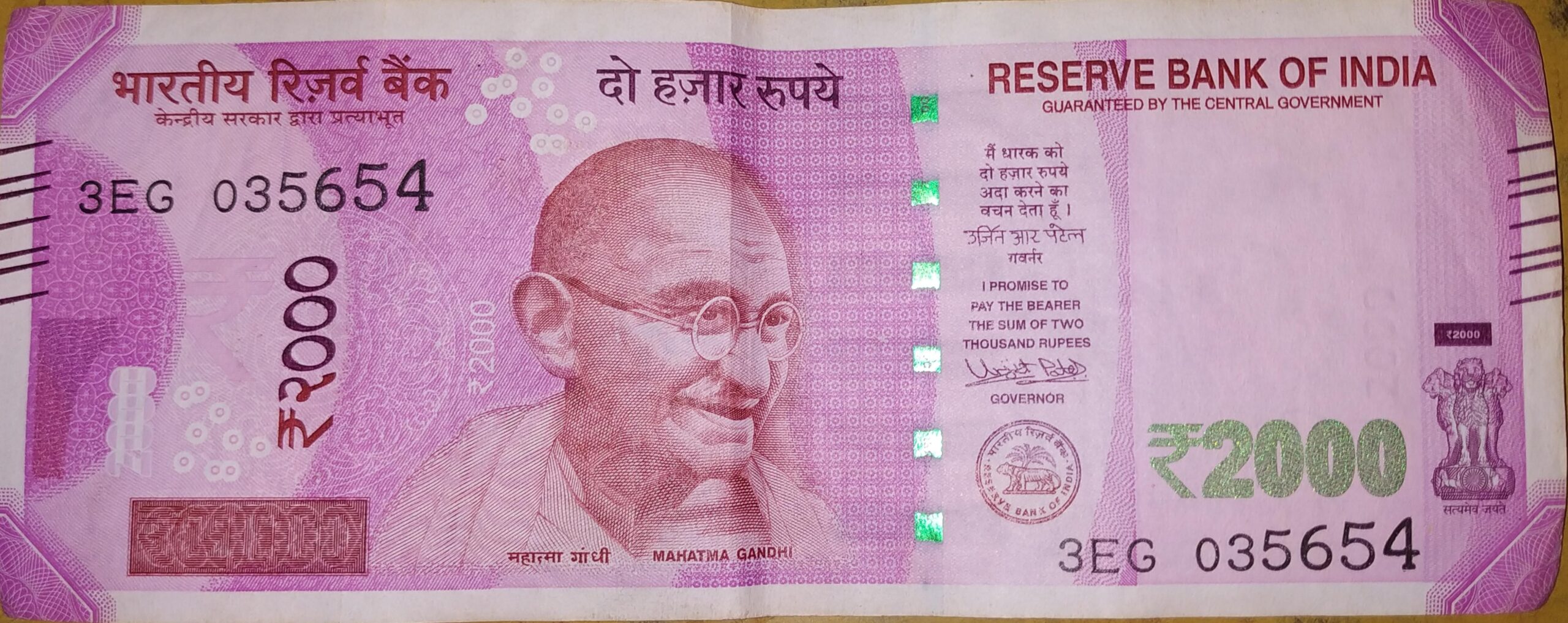In the fast-paced world of finance, understanding the delicate dance of currency exchange rates is crucial for navigating the complexities of the stock market. Join us as we delve into the realm of "Rupee Rhythms" – where the ebb and flow of global currencies shape the direction of investments and shape the landscape of financial markets. Let’s unravel the mysteries of currency fluctuations and explore how they impact the world of stocks and investments.
Unlocking the Link Between Rupee Fluctuations and Market Performance
Currency fluctuations can have a significant impact on stock market performance, creating a complex dance of economic forces that can be difficult to navigate. Understanding the relationship between rupee fluctuations and market performance is crucial for investors looking to make informed decisions. A strong rupee can boost purchasing power and increase foreign investment, leading to higher stock prices. On the other hand, a weak rupee can make imports more expensive, putting pressure on local businesses and causing stock prices to fall.
With the global economy becoming increasingly interconnected, keeping a close eye on currency movements is essential for predicting market trends. By analyzing the factors that influence rupee fluctuations, investors can gain valuable insights into future market performance. Factors such as inflation rates, interest rates, and political stability all play a role in determining the strength of a currency, affecting both the economy and the stock market. By staying informed and adapting to changing conditions, investors can take advantage of currency trends to maximize their returns.

Strategies for Hedging Currency Risk in Stock Investments
When investing in the stock market, it is important to consider the impact of currency fluctuations on your investments. Currency risk can significantly affect the returns on your stock holdings. To mitigate this risk, there are several strategies you can employ to hedge against currency fluctuations.
One effective strategy is to diversify your investments across different currencies. By spreading your investments across multiple currencies, you can reduce the impact of any single currency’s fluctuations on your portfolio. Another strategy is to use currency hedging instruments, such as futures or options, to protect your investments from adverse currency movements. Additionally, keeping abreast of global economic news and trends can help you anticipate and react to potential currency fluctuations. By employing these strategies, you can better navigate the volatile world of currency risk in stock investments.

The Impact of Exchange Rate Movements on Stock Valuations
Exchange rate movements play a crucial role in determining stock valuations, creating a dynamic relationship between currencies and the stock market. Fluctuations in exchange rates can have a significant impact on the profitability of companies that operate in multiple countries, as their revenues and expenses are denominated in different currencies.
Investors need to pay close attention to currency dynamics when evaluating potential investments, as changes in exchange rates can affect not only the value of a company’s overseas earnings but also its competitiveness in global markets. Understanding how currency movements influence stock valuations is essential for making informed investment decisions in today’s interconnected global economy.

Navigating Currency Volatility in Emerging Markets
Currency volatility in emerging markets can be a rollercoaster ride for investors, with currencies like the Indian Rupee experiencing significant fluctuations against major currencies like the US Dollar. Understanding the impact of these currency movements on the stock market is crucial for making informed investment decisions.
Investors need to analyze the factors driving currency volatility in emerging markets and develop strategies to navigate these fluctuations successfully. By keeping an eye on key economic indicators, market trends, and geopolitical events, investors can better anticipate and react to changes in currency values. Diversifying investments across different asset classes and currencies can also help mitigate risks associated with currency volatility.
As we’ve explored the intriguing world of Rupee Rhythms and its impact on the stock market, it’s clear that currency plays a vital role in shaping market trends and investor behavior. By understanding the nuances of currency fluctuations and their significance in the financial realm, we can better navigate the ever-changing landscape of global markets. So next time you hear the echo of rupees ringing in the stock market, remember to listen closely and dance to the rhythm of the currency. Happy investing!
